 Police will test the use of artificial intelligence to ensure security in Paris during the Olympic Games. Photo: iStockphoto/pixinoo
Police will test the use of artificial intelligence to ensure security in Paris during the Olympic Games. Photo: iStockphoto/pixinoo
French police are testing controversial artificial intelligence systems. cameras at two Depeche Mode concerts in Paris this week, ahead of their planned use for security at the Olympic Games.
For the first time in France, Paris police installed six cameras equipped with artificial intelligence technology in and around the stadium. Accor Arena to analyze crowd movements and identify abnormal or dangerous activity.
Attendees of Depeche Mode concerts on Sunday and Tuesday are unwittingly subject to controversial security measures. Last May, the French parliament passed a law allowing the use of artificial intelligence to ensure the safety of sports and entertainment events.
The chaos of the 2022 Champions League final game at the Stade de France between Liverpool and Real Madrid — with fans crushed in crowded tight spaces and pepper-sprayed by riot police — was cited as one of the reasons for the law.< /p>
But the main purpose of the experiment is to prepare for the Olympic Games in Paris in five months, which are expected to create serious security problems for the police. About 30,000 officers are expected to guard the opening ceremony alone.
The AI will detect eight types of events.
In a real-time experiment that began at yesterday's concert, AI cameras are supposed to alert surveillance operators to any suspicious or potentially dangerous events. dangerous activity.
The AI is trained to detect eight types of events: traffic against traffic, presence of people in restricted areas, crowd movement, thrown packages, presence or use of weapons, crowds, bodies on the ground, and fires.
Once the AI records an incident, surveillance operators will decide whether to alert authorities and demand police action.
However, for verification purposes, ministers have promised that no arrests will be made based on images selected by AI cameras.< /p>
To allay concerns about «Big Brother» raised by citizen privacy groups, the law also bans facial recognition.
p>But that wasn't enough to reassure privacy group Quadrature du Net, which said the plan represented a slippery slope toward «legitimizing» the proliferation of surveillance tools used by the general public, and that increased reliance on artificial intelligence technology would lead to an increase in arbitrary arrests.
“Algorithmic video surveillance is an inherently dangerous biometric technology,” the group said. “Accepting this opens the door to worse surveillance tools.”







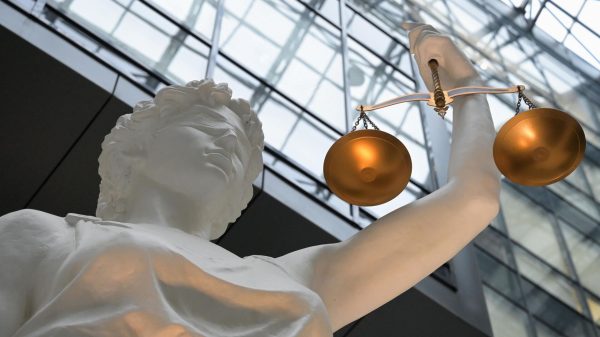

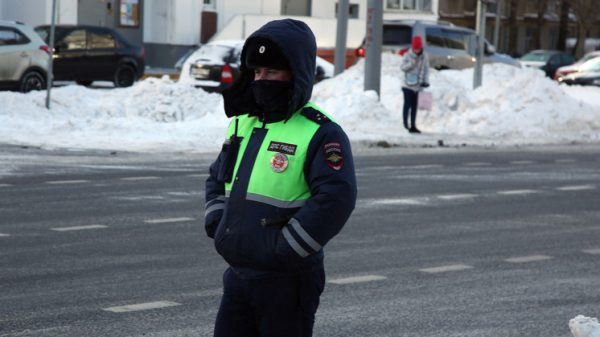



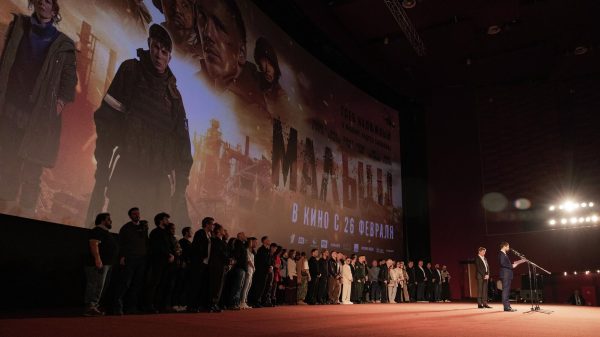




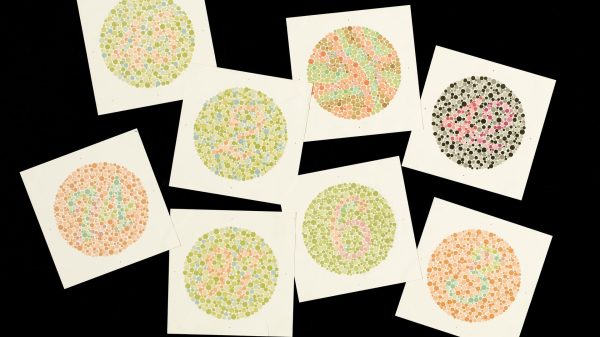

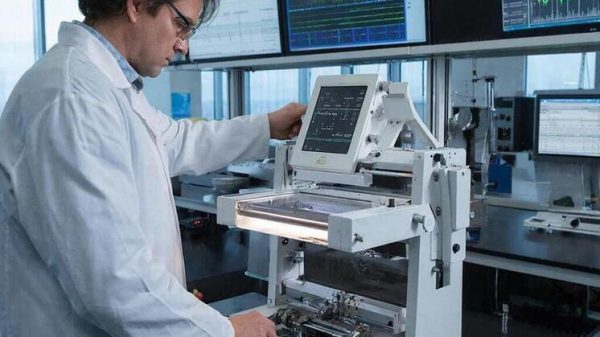
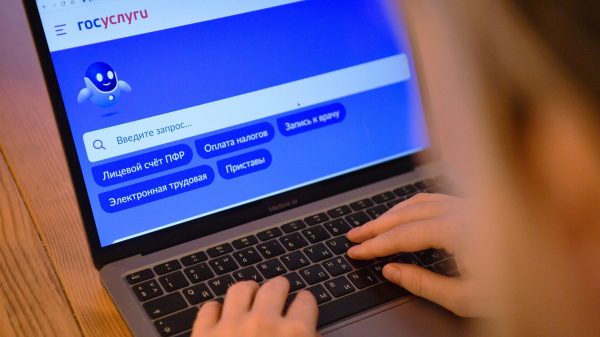
































Свежие комментарии